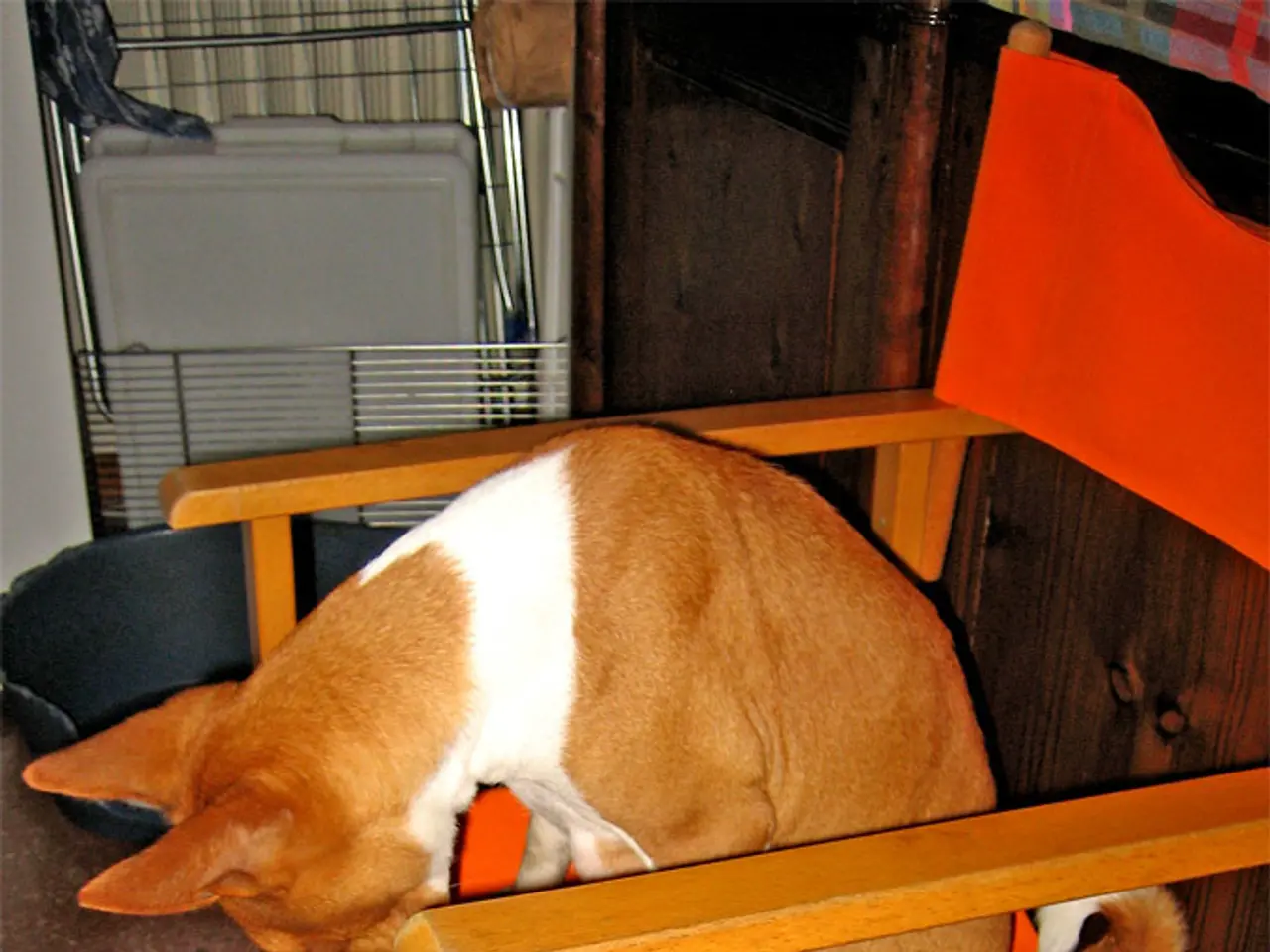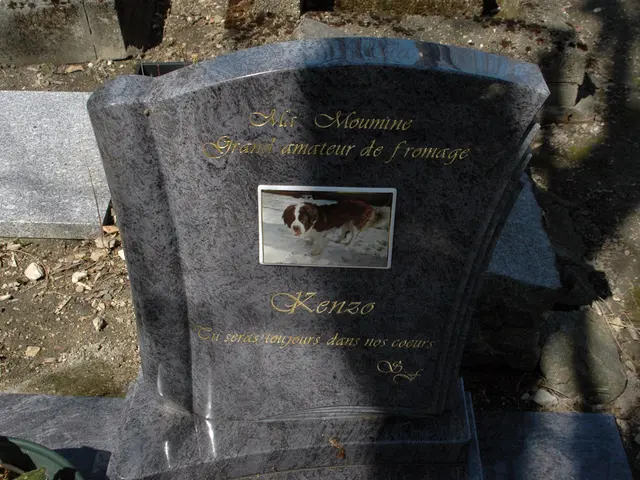Discrimination Against Visually Impaired Individuals: Swiss Hotel Bars Blind Patrons from Entry
In a recent incident, a Swiss hotel's refusal to accommodate a blind guest with a guide dog has sparked controversy, shedding light on the unclear legal landscape regarding assistance animals in the country.
Oliver Hediger and his partner were looking for accommodation in Sargans for a visit in August. However, their search was met with a refusal from the Hotel Franz Anton, as the establishment has a general ban on dogs due to hygiene reasons, with the rooms still being carpeted.
Hediger, who is upset about the refusal, considers it as discriminatory. He and his partner wanted to bring their guide dog, as Hediger's partner is blind. Guide dogs are recognized as aids for people with disabilities, similar to a wheelchair.
The UN Convention on the Rights of Persons with Disabilities, in force in Switzerland since 2014, prohibits discrimination against people with disabilities and includes the right to equal access to all public facilities, including the right to "animal assistance." However, no Swiss hotel has been reported to have received a court decision specifically affirming the access rights of hats for visually impaired persons.
The Disability Discrimination Act in Article 6 of the Federal Government states that private providers of a public service, including hotels, may not exclude people from using their services on the grounds of their disability. Yet, the Hotel Franz Anton refused to accommodate them, citing their general ban on dogs.
The case is considered illegal discrimination by Inclusion Handicap's lawyer, Nuria Frei. Frei does not find any qualified reasons to justify a ban on assistance dogs, even for hygiene reasons. The hygiene ordinance of the Federal Department of the Interior exempts "dogs that guide or accompany a disabled person" from the ban on animals in areas where food is handled.
The manager of Hotel Franz Anton could not remember the call in question and said that if she had known it was a guide dog, they would have found a solution. Hediger followed up with an email to the hotel management, making it clear that the animal in question was a guide dog. The hotel's response was brief and unclear, expressing regret.
This incident highlights the need for clearer guidelines regarding the access rights of assistance animals in Swiss hotels. While the legal situation in Switzerland is clear, a precedent-setting court ruling is still lacking. In comparison, in Germany, the Federal Constitutional Court has ruled that blind individuals may take their guide dogs into medical practices.
Inclusion Handicap regularly receives inquiries about the access rights of assistance dogs. As more and more people rely on these animals for their daily lives, it is crucial that hotels and other public facilities provide clear and unambiguous policies to ensure equal access for all.








